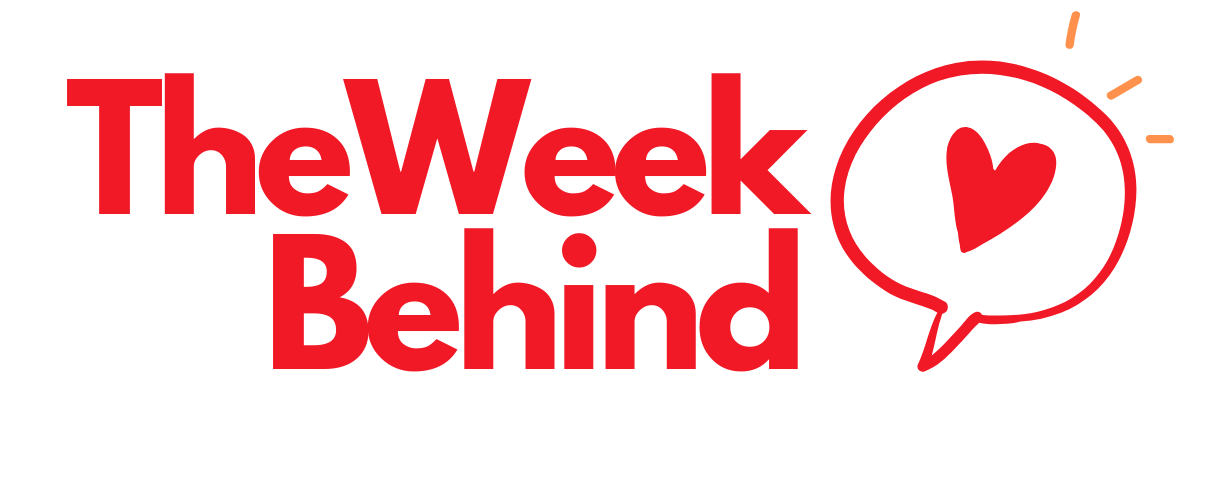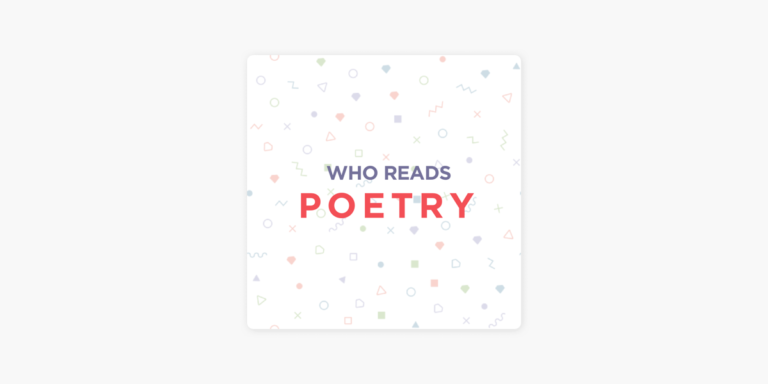This week the National Book Critics Circle announced the 2011 winners of their prestigious awards. These accolades merit the prestige not only because of the vetting process by which they are chosen, but also because of the qualifications of those who make the decisions. Five finalist books are chosen in six categories by a membership of working critics who submit nominations to the 24 directors on the NBCC board. The directors read all 30 nominees, discuss and critique them largely by email, then meet in person in New York to hash out the winners.
This is no American Idol process where telegenic, witty judges ham it up for TV audiences…and for the money; but instead one where serious book critics from the country’s top newspapers, magazines, and, more recently, blogs and e-zines sift through the year’s good books to name the best.
Given the credentials and experience of the heavyweights who cast the votes, the winners often have a limited popular or commercial presence. This is particularly true in the poetry category, where the options are already slim because so few people actually read poetry, and those who publish it are frequently small presses with no commercial expectations at all.
It is a common urban legend that the only ones who read poetry are poets and critics, and the only ones who write it are faculty who teach it. The 2011 NBCC award finalists in poetry tend to dispel this legend with only three academics, one former high school teacher, and our former poet laureate among the nominees; but even so, their books are not likely to crack the Amazon top ten (or even top thousand) any time soon.
It doesn’t have to be like this. I’d wager that nearly all of us have a favorite poem or poet somewhere in our heads. Think about it. There are those old schoolhouse poets like Frost, Sandburg, Shakespeare, Milton, Yeats – you know the dead white guys; but there are also the Bible, street raps, Billy Collins, even the AA Serenity Prayer which rumble around in our brains. So why don’t we buy more poetry books and read them…even memorize the poems? It is because other than at literary award time, few critics ever mention them – much less actually review them.
The White Museum
I discovered an exciting new poet this week while reading his recently published “The White Museum.” George Bilgere is not really a new poet, but he is new to me. He has published four other books (yes, all with small literary presses), hosts a radio poetry show called “Wordplay” in his home city Cleveland (yes, he is a professor at the small John Carroll University there), and has had poems anthologized and even read over the air on Keillor’s Prairie Home Companion.
I discovered him because I saw a small review somewhere and was curious to read his poems – and they are wonderful poems indeed. One after another, they overflow with plain-spoken observations of the world around us – not some world of literary allusion or bent metaphor to startle us, but a sort of Midwestern world of Starbucks, Grecian Hair Formula, and the Ardmore Tree Service.
“My neighbor down the street
works for Ardmore Tree Service.
His truck says it, his shirt says it, there’s no
doubt about it. I’ve seen him
at the grocery store on a summer night,
still in his tee shirt after work,
sap on his hands, bits of leaf in his hair.
He’s been in a tree all day,
high above the earth, at home
with the birds and clouds,
lopping this, pruning that, sometimes
feeding a whole tree
to the howling shredder.
Hard work, and I don’t begrudge him
the six-pack in his grocery cart
with the pork chops, nor the afterthought
he ran back for: a bunch of daisies
for his wife. I like that,
and am reassured,
pleased with the uniqueness
of our whole species.”
Dog Washes to Biker Chicks
Bilgere’s new collection ranges all over this kind of blue highway map of the day to day adventures of our lives. He touches on the open neighborhood dog wash on the last day before the community pool closes, biker chicks at the Dayton Motorcycle Show, the Cleveland airport shoeshine stand, pasta fasul at the local Italian restaurant, and – no surprise in the Midwest – a blizzard snow storm.
“A heavy snow, and men my age
all over the city
are having heart attacks in their driveways…
They should have known better
than to shovel snow at their age.
If only they’d heeded
the sensible advice of their wives
and hired a snow-removal service.
But there’s more to life
than merely being sensible. Sometimes
a man must take up his shovel
and head out alone into the snow.”
Even when the poetry of the NBCC award winners contains sparkling moments of delightful surprise, too often we have to slog through some heavy reading to find them. I find myself admiring NBCC nominee Anne Carson, for example, and looking back on her nominated book “Nox” thinking it was quite an achievement. But I didn’t read it with the same excitement to read the next poem as I did Bilgere’s “The White Museum.” I know I’m open to ridicule if I say it is a page-turner, but so it is. In fact, he is so good, that today I ordered all four of his previous books from my local bookstore. I don’t want to miss any of his collected observations over the years. I don’t want to go without a new poem to taste when I need a wry, memorable, commentary on a world I recognize so well.

